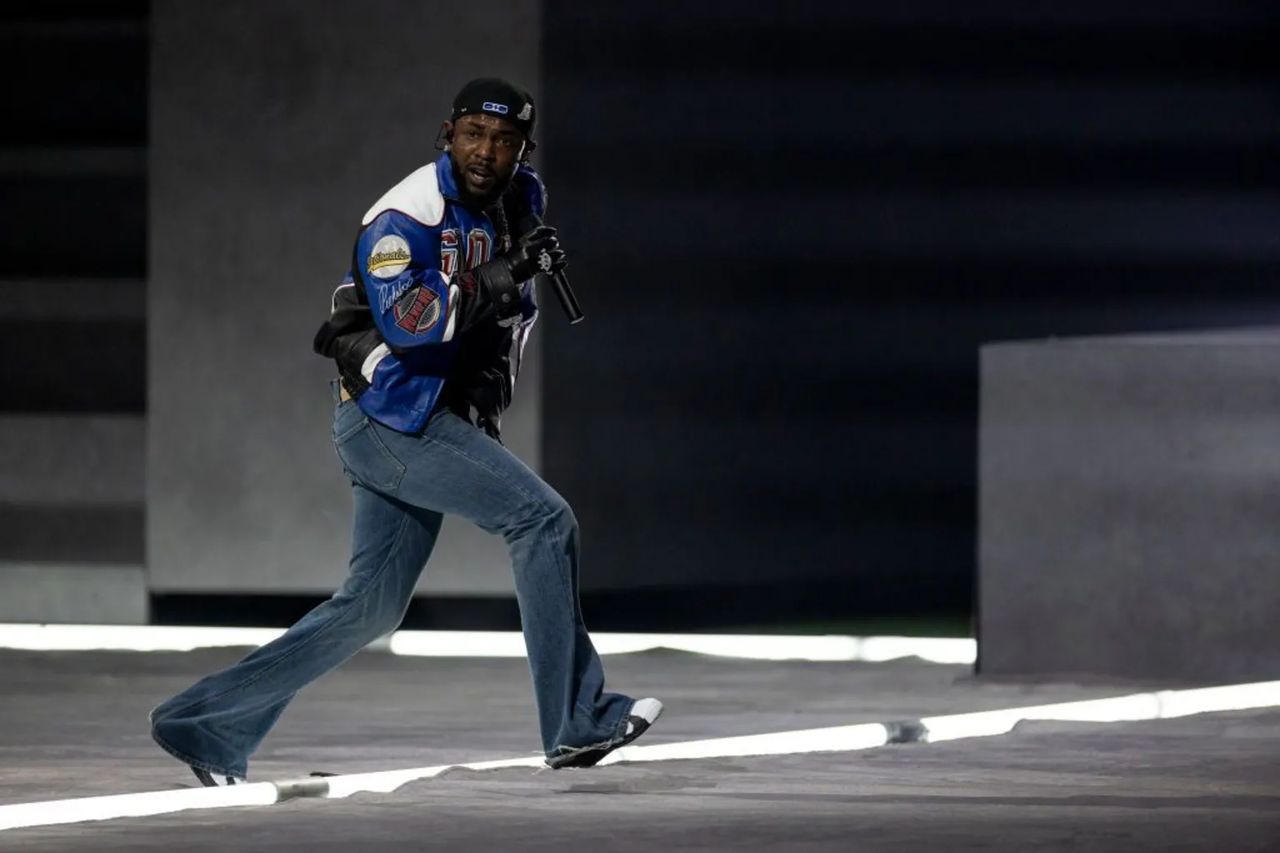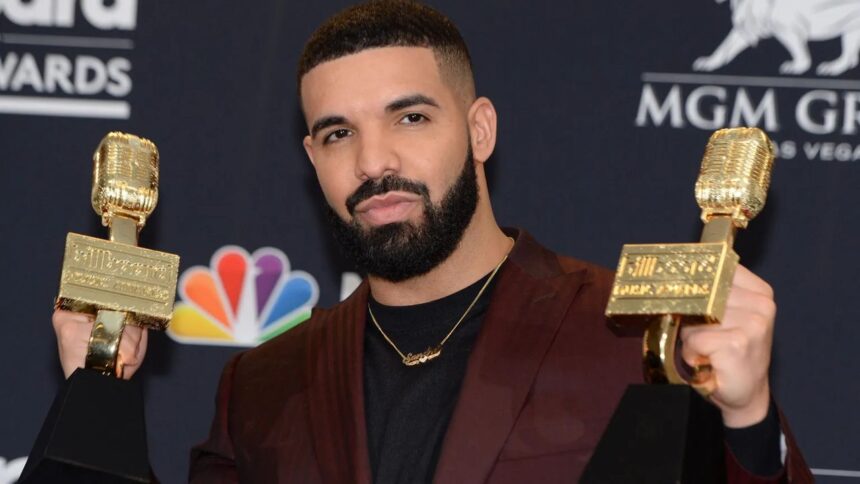Rap superstar Drake has won a legal battle to access sensitive record company documents amid his ongoing defamation lawsuit involving Kendrick Lamar’s hit song Not Like Us.
The court ruling grants Drake’s team the right to obtain Kendrick Lamar’s recording contracts and financial records from Universal Music Group (UMG).
The legal dispute stems from Lamar’s controversial track, where he labels Drake and his entourage as “certified paedophiles” who should “be registered and placed on neighbourhood watch.” Drake claims the lyrics are false and malicious, accusing UMG of defamation for promoting the song despite knowing the allegations were untrue.
UMG filed a motion to dismiss the case last month, calling it an “illogical” attempt to silence Lamar’s creative expression. The company also sought to pause the discovery process, arguing that gathering commercially sensitive documents would be a costly and undue burden.
However, on Wednesday, Judge Jeannette A. Vargas ruled that the discovery phase should proceed, allowing Drake’s lawyers to access contracts between UMG and Lamar, as well as salary and bonus records for senior executives dating back to 2020. The judge’s decision marks a significant victory for Drake’s legal team, led by attorney Michael Gottlieb.
“Now it’s time to see what UMG was so desperately trying to hide,” Gottlieb said in a statement to the BBC. The ruling paves the way for further investigation into whether UMG knowingly profited from spreading false information about Drake.

UMG, which has represented Drake for more than a decade, denies any wrongdoing. In a statement, the label insisted that it would never harm the reputation of one of its most successful artists. It argued that Drake’s lawsuit was an attempt to use the courts to silence Lamar’s artistic expression after losing a public rap battle.
The feud between the two rap giants escalated last year when Drake accused Lamar of domestic abuse in a diss track. Lamar responded with Not Like Us, which went viral after his performance at the Super Bowl Half Time Show, becoming his first number one single in the UK.
Drake’s lawsuit also accuses UMG and Spotify of colluding to inflate streaming numbers for Not Like Us, a claim both companies vehemently deny. UMG described the allegations as baseless, asserting that Drake’s frustration stems from losing a feud that he initiated.
Legal experts say the case could set a precedent for how defamation claims intersect with creative expression in rap music. With the next hearing on UMG’s motion to dismiss scheduled for June 30, the battle between Drake and Lamar is far from over.
While Drake’s supporters celebrate the court victory, Lamar’s fans and industry insiders argue that using the legal system to challenge rap lyrics could stifle artistic freedom. The outcome of the lawsuit could have far-reaching implications for the music industry and the boundaries of lyrical expression.







